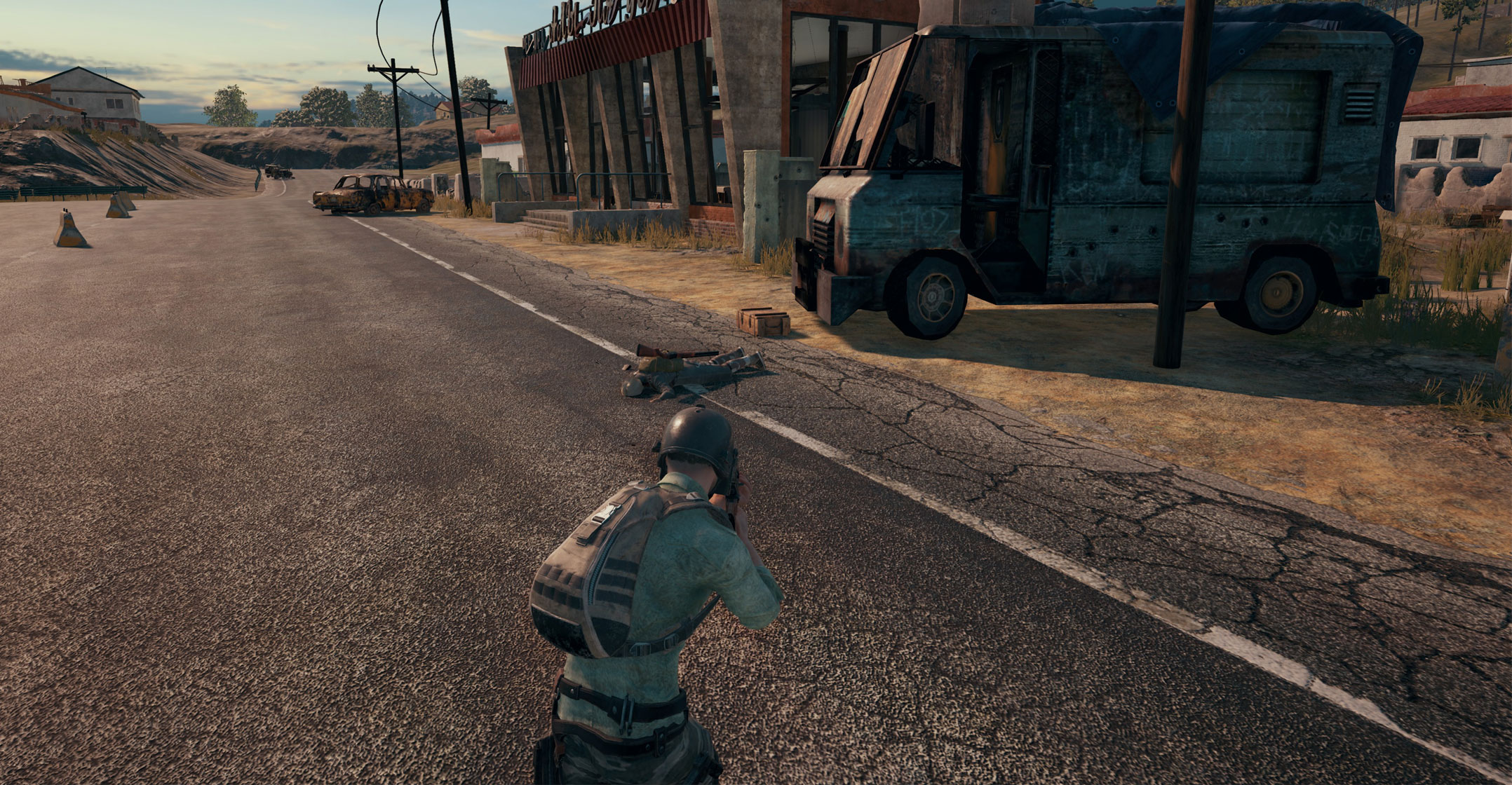
Tencent, the world’s biggest games company, needs some help from Fortnite, the world’s hottest game.
Just a few months ago, Tencent reigned as the most valuable company in Asia, but it has since suffered a record stock plunge that has wiped more than US$140-billion off its market value. The primary reason: the Chinese government unexpectedly froze the approval of new games, including Fortnite, stunning investors and even Tencent’s management.
The move was a shock because no other major market operates with such unpredictable, opaque oversight — the US and Japan don’t require any government sign-off for games. Yet China has grown into the largest games market in the world with $38-billion in estimated revenue. The industry is watching Tencent and its Fortnite dilemma to understand what comes next in a market central to everyone’s fate.
“China is by far the strictest in the world,” says Serkan Toto, founder of the Tokyo-based game consultancy Kantan Games. “Among the biggest gaming markets, China is the most difficult market to do business in from a regulatory perspective.”
China’s regulators haven’t given any explanation for the freeze. That’s set off heated debate over whether this is a temporary halt due to a regulatory reshuffling or whether the government is preparing a broader crackdown on games, which have been widely criticised in state-owned media.
Tencent shares fell 1.5% on Friday and are off about 13% this year.
Tencent and founder Pony Ma long benefited from their ability to navigate this regulatory maze. The company, based in the manufacturing hub of Shenzhen, operates the ubiquitous messaging service WeChat and uses the platform to promote games and other products. Tencent develops games and also licenses titles — like Fortnite — from developers for the Chinese market.
Foreign companies need a politically savvy partner. All games go through a two-step approval process in China. First, they need to be registered with the ministry of culture & tourism and checked for sensitive content. Then a second agency — the one going through a restructuring and name change — decides whether to grant a licence and allow commercialisation. The agencies bar content they deem too violent, sexual or otherwise inappropriate. The US and Japanese governments, by contrast, let game makers introduce titles on their own, and industry-backed trade groups bestow ratings based on language or violence.
No chicken dinners
Tencent got stuck with one game, PlayerUnknown’s Battlegrounds, part way through this process. It had the first approval so it let millions of customers download the mobile version of PUBG, but then it couldn’t charge any money because it didn’t have the second approval. In a conference call with investors last week, president Martin Lau blamed Tencent’s profit shortfall on such snafus.
“If there are certain games that are popular but can’t be monetised, then the revenue is gone,” said Victoria Mio, co-head of Asia Pacific Equities at Robeco, which manages $195-billion in assets.
Tencent is trying to avoid a similar fate with Fortnite. The title, a Hunger Games-style competition where 100 players fight to the death, has become the most popular in the world with an estimated $2-billion in revenue this year. Its reputation overseas stoked demand in China, where 10 million people have pre-registered to get it.
“I would spend money on this game, 100%,” said Chen Feng, a 17-year-old gamer in Guangdong province.

Tencent’s position is tricky though. It has approval to run trials with the desktop version of Fortnite, but is still waiting for the right to monetise it. The agency in charge hasn’t issued any licences since March, but this month introduced a so-called “green channel” which allows publishers to run a one-month monetisation trial for certain games. Tencent’s Lau said last week that it’s applying through the new process to start charging for Fortnite desktop.
It’s not clear how the new process will work. Some analysts believe game makers will be able to keep cashing in after the one-month trial. Others urge caution.
“It’s unclear how many games are going through this channel and how many will come out,” said Daniel Ahmad, an analyst at Chinese game researcher Niko Partners. “It’s not wise to speculate because it’s the Chinese government and anything can change.”
Tencent is still at square one with the mobile version of Fortnite, the most popular version globally. Lau has said the government is aware its halt on game approvals is affecting business. But he doesn’t know when things will return to normal.
Greg Pilarowski, former general counsel for a Chinese games company, says the big question on everyone’s mind is whether the Communist Party will take over game approvals given their growing popularity. The State Administration of Press, Publication, Radio, Films and Television that had been in charge of licences and commercialisation was split into three agencies earlier this year, with the Party taking away from the state oversight of the press, publications and films.
That left videogames — which don’t cleanly fall into any of the named categories — in limbo. No approvals have been granted for months, with no public indication of who’s in charge of game. If the Party takes charge, it may well tighten its grip over games like it has with the Internet and other media.
“The Party has been very, very focused on maintaining control over the Internet, and all the regulations for the Internet happen to catch games,” said Pilarowski, who now runs the San Francisco law firm Pillar Legal. “Even though games are arguably not as risky or controversial from a party security perspective as, say, books, movies or news, it falls into the same exact regulatory framework.”
Some analysts are optimistic the freeze is temporary. Nomura analyst Jialong Shi, for example, said regulators are likely to start approving games as soon as September. Tencent shares have rallied in recent days on hopes of such a recovery.
Still, Tencent or any other games company have a limited ability to push the government. “There’s no question about where authority lies; the party has an iron grip,” said Pilarowski. ‘‘It’s not the kind of relationship a Google or an Apple has with Washington. Tencent needs to lay low and encourage a resolution behind the scenes.”
Tencent doesn’t have forever. The games industry is notoriously cyclical and titles like Fortnite inevitably give way to the next big hit.
“Tencent needs to monetise Fortnite as soon as possible,” said Toto. “Who knows what’s going to be hot six months down the road?” — Reported by Lulu Yilun Chen and Yuji Nakamura, with assistance from Edwin Chan, (c) 2018 Bloomberg LP

